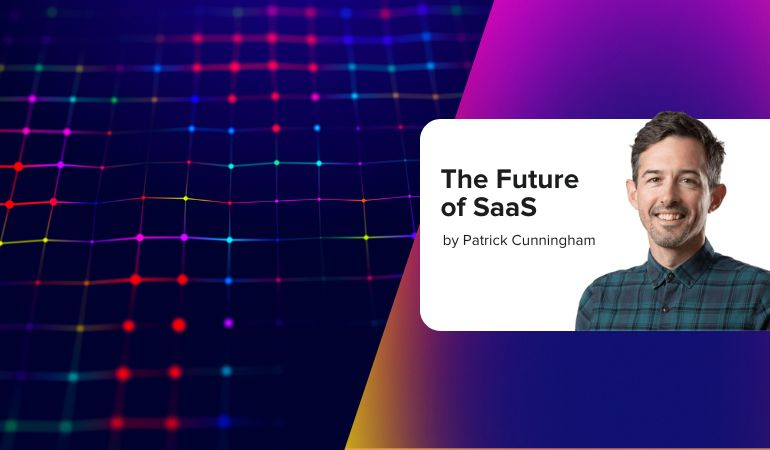Klarna recently announced plans to ‘Shut Down SaaS Providers’ and replace them with internally built AI solutions. It’s an interesting announcement though I suspect it’s mostly just hype in the lead-up to their highly anticipated public offering. One of the main platforms they are dumping is Salesforce, which is a very expensive clunk-fest, so they will probably be relieved to see it go.
That said, however, I have been putting a lot of thought into the future of SaaS software in general and I do think that the business model is under threat in the longer term.
LLM-based tools like ChatGPT are incredibly useful as coding partners but have weaknesses. As a developer, they can help you troubleshoot problems, process data and dump out reams of time-consuming, repetitive code in seconds.
However, you need to treat these LLM-based tools like eager juniors. They work hard for you, but the code often has issues. It might not run or it could include methods that don't exist. Security isn’t high on the agenda so you have to review, audit and test every line of code before shipping it.
Despite this, at Indulge they have become an intrinsic part of our development process and, combined with the rollout of agile project delivery, we are now consistently delivering development projects on budget for the first time in our history. I suspect we are one of the very few digital agencies that have actually managed to achieve this billing-related holy grail.
With OpenAI’s launch of their new GPT-o1 models, coding abilities have improved by a significant margin. My initial experiments have demonstrated that code written by these models is not only a lot more stable, but it also handles security concerns in a much more robust manner. My experiences have also been reflected by developers across the Internet. People are genuinely blown away at what it can do.
Let’s think about how much a SaaS product like Salesforce might cost in a large firm like Klarna, with around 4,000 employees. We can probably assume that around 250 of those employees are in sales, given its aggressive focus on growth, and each person needs a licence.
Based on Salesforce’s current pricing, the enterprise licence is $165 / month, which equates to a total monthly fee of $41,250. That’s enough to hire a team of at least four or five full-time members of staff.
Pre-AI, building and maintaining a product like Salesforce would have required a team of 10’s or maybe even 100’s of people, working over an extended period of many years.
With the latest LLMs however, this resource requirement will have dropped significantly. Developers will still be required to control the LLMs, reviewing, testing, debugging and shipping the code, but the LLMs will do most of the heavy lifting. These LLMs will also help with several other key things required for good software development including business analysis, UX research and design, DevOps and even project management.
The question is, at what point will it become possible for this small team of four or five people to build and maintain a CRM that is sophisticated enough to replace Salesforce? At what point does the business case for insourcing these products become compelling?
Purely from a financial perspective, I don’t think we are that far off.
Custom software offers several additional benefits. Built well, it can closely align with your existing business processes, it can integrate more seamlessly with your other platforms, and it can be a lot more flexible in terms of its functionality and direction.
But, there are also risks, for example without the pressure from paying clients to improve it, it’s very easy to skimp on important things like UX design, resulting in something that can be quite clunky and challenging to use.
However, if done correctly with the assistance of AI, we may not be far from a scenario where the business case starts to make sense for larger enterprise clients.
What about smaller firms that don’t drop the equivalent of five full-time salaries in individual SaaS products? Well, I think our time will come too. There is a possibility that we won’t need any sort of software to run our businesses; our AIs will just do it for us!





